Confession: I didn’t really watch the presidential debates. I sat in my common room with the rest of my floor as they played the debate on a TV, but I never really listened. It was simply white background noise as I did my chem homework. Key takeaways: Trump got COVID-19 right after one, a fly landed on Mike Pence, my floormates called Harris “a queen” for saying she was still speaking and Biden didn’t really answer a single question.
However, what happened at the Belmont debate caught my attention: crowds lined up in front of Belmont, Biden supporters versus Trump supporters on opposite sides of the street. Snapchat stories from Vanderbilt students showed Biden 2020 signs, and the gathering getting heated as both sides yelled at each other. To me, this demonstration was emblematic of the importance we put on voting. Why else would all my social media platforms be ablaze with reminders to register to vote and cast my ballot? After all, voting is as American as pie and injustice.
Don’t get me wrong, I still think that everyone who can vote should vote. I cast my ballot for Biden last week. But, voting does not live up to the hype. While I think it is important that we vote out Trump, voting Biden into office will not radically change anything about this country. Biden’s and Harris’s records on a number of important issues prove that they are not emblematic of the future we need. The Democratic ticket is not a referendum on the direction this country should move in, but a form of damage control by choosing the lesser evil. If a Biden-Harris win is a victory, it’s a minuscule one. Thus, don’t invest all your energy and potential in voting. Instead, voting should be like improv: always followed by a “yes, and.”
When I first saw that Kamala Harris was a presidential candidate, I was excited. What I saw back then was a South Asian and African American woman in a position of power. What I see now: a cop. Representation doesn’t mean anything if it hurts marginalized communities, and Kamala Harris has done plenty of harm during her time as a prosecutor and California’s Attorney General.
She defended the death penalty and a program that threatened to send the mothers of truant children to jail and was a proponent of a civil asset forfeiture law that made it possible to seize money, vehicles and more if an individual was even suspected of a crime. She subverted a 2011 Supreme Court ruling that mandated California release non-violent offenders and was even held in contempt of court for her actions. She locked up 1,900 people for marijuana-related offenses and opposed a bill that would have required investigations into police shootings. She violated the constitutional rights of defendants as San Francisco’s District Attorney and blocked the use of DNA testing that could have freed an innocent man from death row. She defended a prosecutor who falsified confessions and also refused to prosecute OneWest, Steven Mnuchin’s bank, for several foreclosure violations. She also shut down Backpage, a site that let sex-workers vet their clients and find safe work, which forced many sex-workers to return to the dangerous streets to find work. She said the decriminalization of sex work was “ridiculous” and would increase transmission rates of HIV and AIDS. Finally, she blocked the gender reassignment surgery of Michelle Norsworthy, a transgender woman stuck in a men’s prison.
Joe Biden is a relic who cannot hide his past problematic actions despite how hard he tries to appeal to more progressive voters. He has voted for and pushed for cutting back all kinds of social security, including veteran’s benefits, Medicare and Medicaid, and warned that we would be seeing “welfare mothers driving luxury cars.” He voted to let states overturn Roe v. Wade and supported the Hyde Amendment, a rider that prohibits the use of federal funds for abortions. He not only voted for the Iraq War but also held a series of Senate hearings in which he affirmed that Suddam Hussein had weapons of mass destruction. He bragged that the Patriot Act, a bill that allowed the privacy of millions of Americans to be violated, was modeled after a bill he wrote. Under the Obama administration, he deported three million people. He supported the Defense of Marriage Act, which defined marriage as the union between a man and a woman. He fought to keep schools in Delaware segregated and authored several bills that increased sentences for drug offenses and increased funding for prisons. One of these was the 1994 crime law which toughened up sentencing legislation on the federal level and encouraged states to do the same. Finally, at a fundraiser, he reassured his wealthy donors that “nothing would fundamentally change” in regards to income inequality or quality of life.
Biden-Harris and Trump-Pence are two sides of the same coin. The Biden-Harris ticket exemplifies philosopher Michel Foucault’s famous quote, “Make live and let die.” The worst political injustices do not have to come out of outright malice like Trump’s administration, but can also be from silence, ignorance and negligence. Biden and Harris have let marginalized people of color die by turning a blind eye to racialized plights too many times. How did a party full of young people and BIPOC end up choosing a presidential candidate who promises that nothing will change behind closed doors? It might be because so many voices are not being heard.
In 2016, 6.1 million people were disenfranchised due to past felony convictions. In Tennessee, an estimated 456,000 people cannot vote in 2020, and one in five of these people are African American. This is a whole voting bloc whose voice is not being heard. In a panel on felony disenfranchisement hosted by Vanderbilt Prison Project (VPP), Rahim Buford from Unheard Voices Outreach weighed in on the 2020 election.
“I don’t have any faith in the Democratic party,” he said. “What does it mean for the party that is responsible for mass incarceration is in power again? What it means to me is that all the voices aren’t being heard. We don’t really know what the people want.”
Felony disenfranchisement perpetuates a self-fulfilling prophecy. When you have people who have been barred from voting, they cannot have a voice in determining who is in office. Thus, the people who put them behind bars in the first place—people like Biden and Harris—get to remain in power. It is a tactic that shows that our democracy is not really a democracy at all. The electoral system is a bankrupt model for revolutionary change. Voting in this election is not going to be about what the people want because the people have no power themselves. Instead, it will be about two dueling parties of elites promising change while conspiring to make sure none happens.
Renowned activist and scholar Angela Davis, when interviewed about the 2020 election, said that “the election will not so much be about who gets to lead the country to a better future, but rather how we can support ourselves and our own ability to continue to organize and place pressure on those in power.”
What should we, as Vanderbilt students, be doing to continue to organize? We should firstly educate ourselves on the laws and policies that our candidates have passed as well as their plans going forward. We should learn about the institutional ways that this country consistently keeps BIPOC down. We should continue to call for accountability and to scrutinize our elected officials at every turn. We should also agitate and be disruptive. We should attend protests (if you are in good enough health to do so). We should mobilize and organize with grassroots movements. We should volunteer at organizations like Free Hearts, Unheard Voices Outreach, Nashville Black Covenant Coalition, the People’s Plaza, Southerners on New Ground and Gideon’s Army. Finally, we should open our wallets. We should give to bail-relief funds, or help pay the fees of people convicted of felonies trying to get their voting rights restored.
I know we are all waiting in anticipation for Nov. 3, and I appreciate the effort that so many of my peers have made to go out and vote. But I don’t want you to mourn or celebrate the results of election day. Nov. 3 is not where our work should end but only continues. Yes, go vote, and do more.

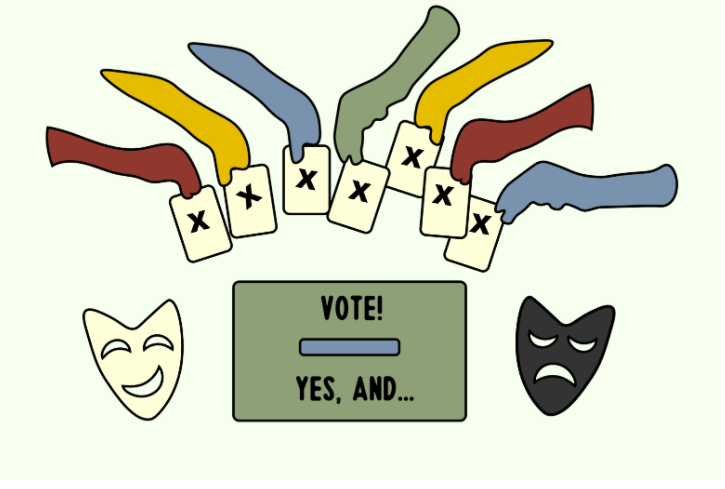

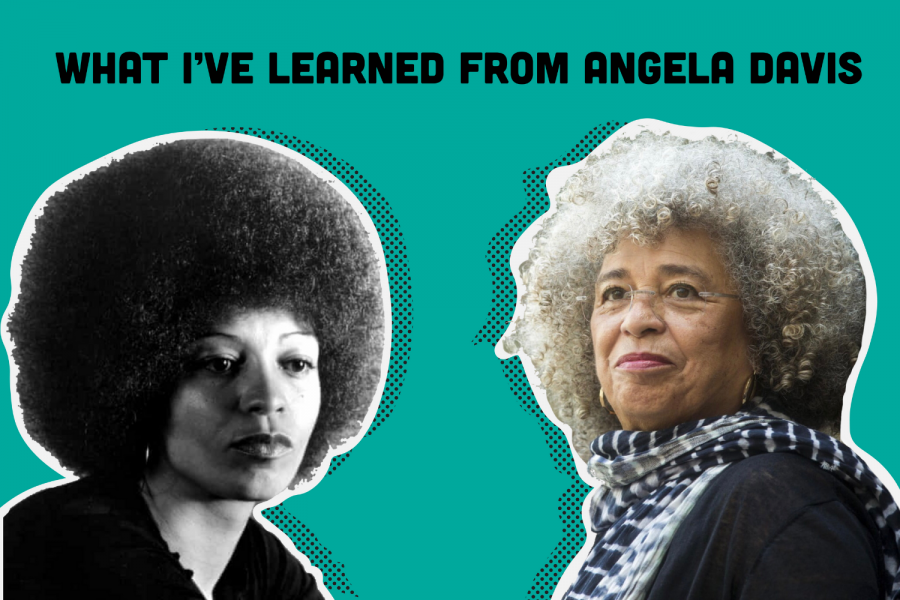

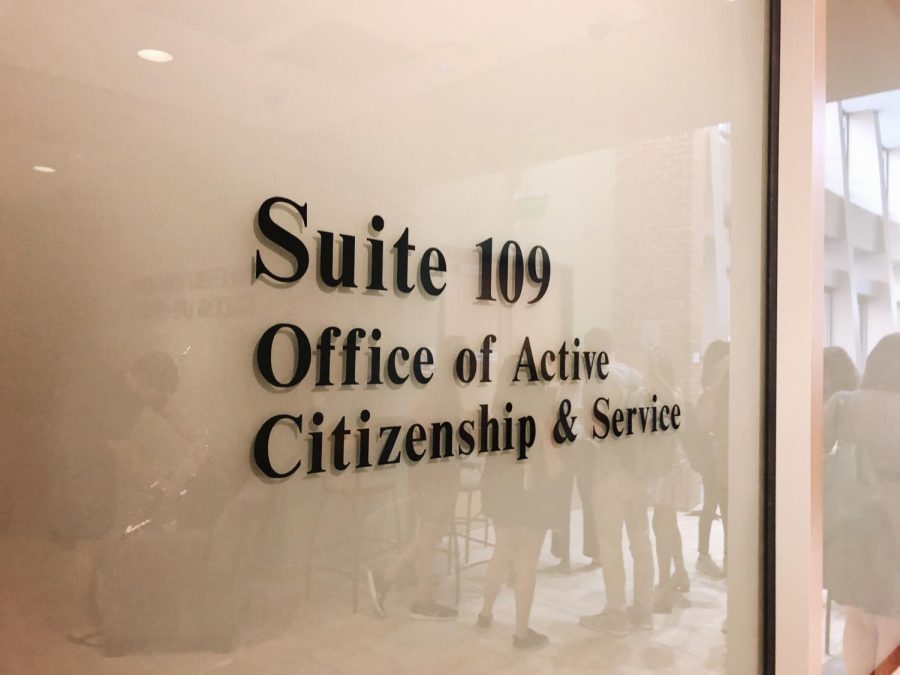
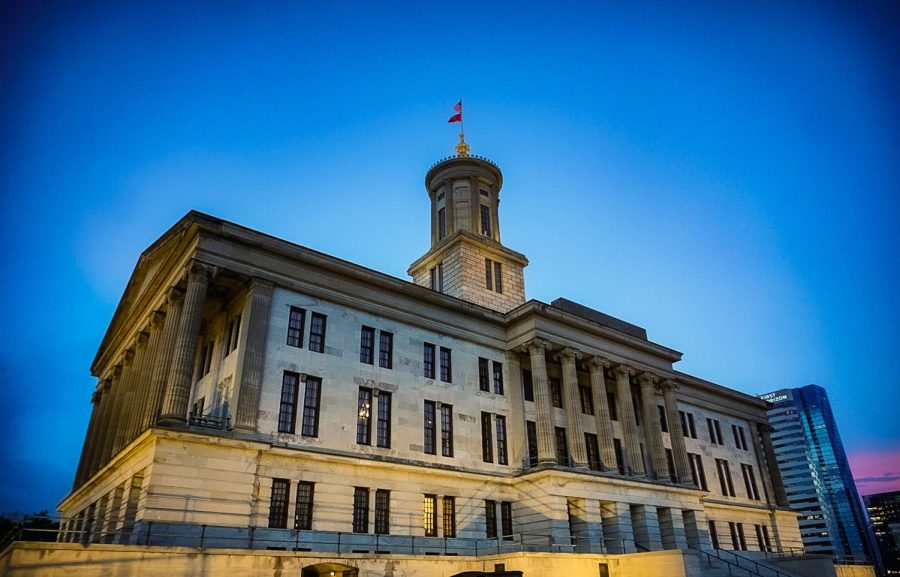

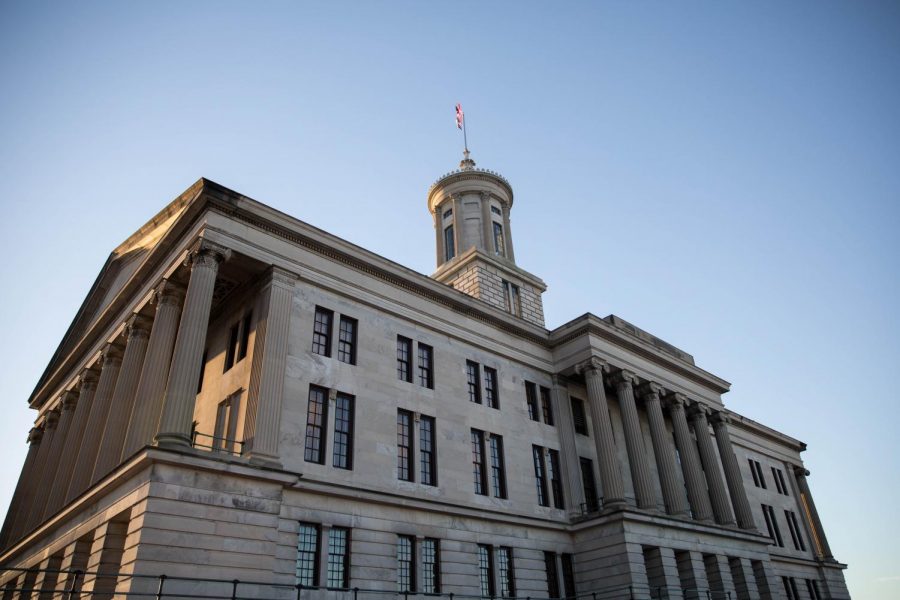
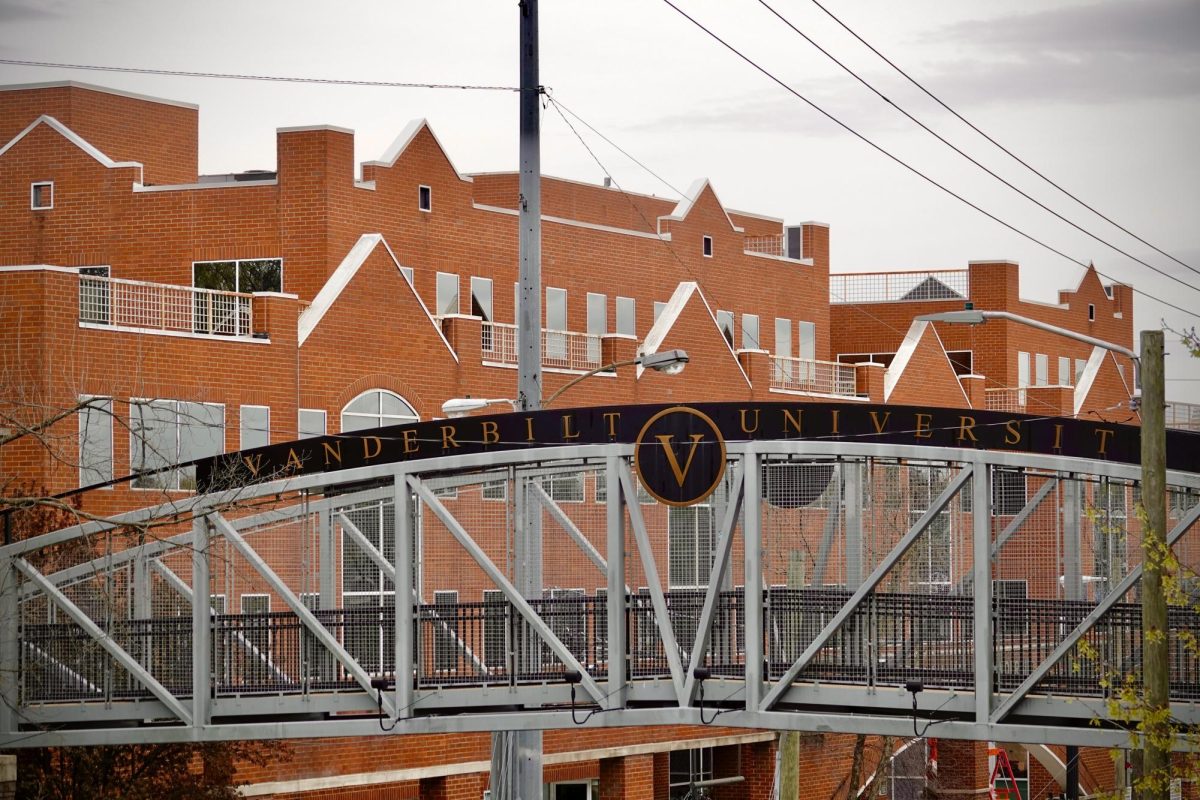
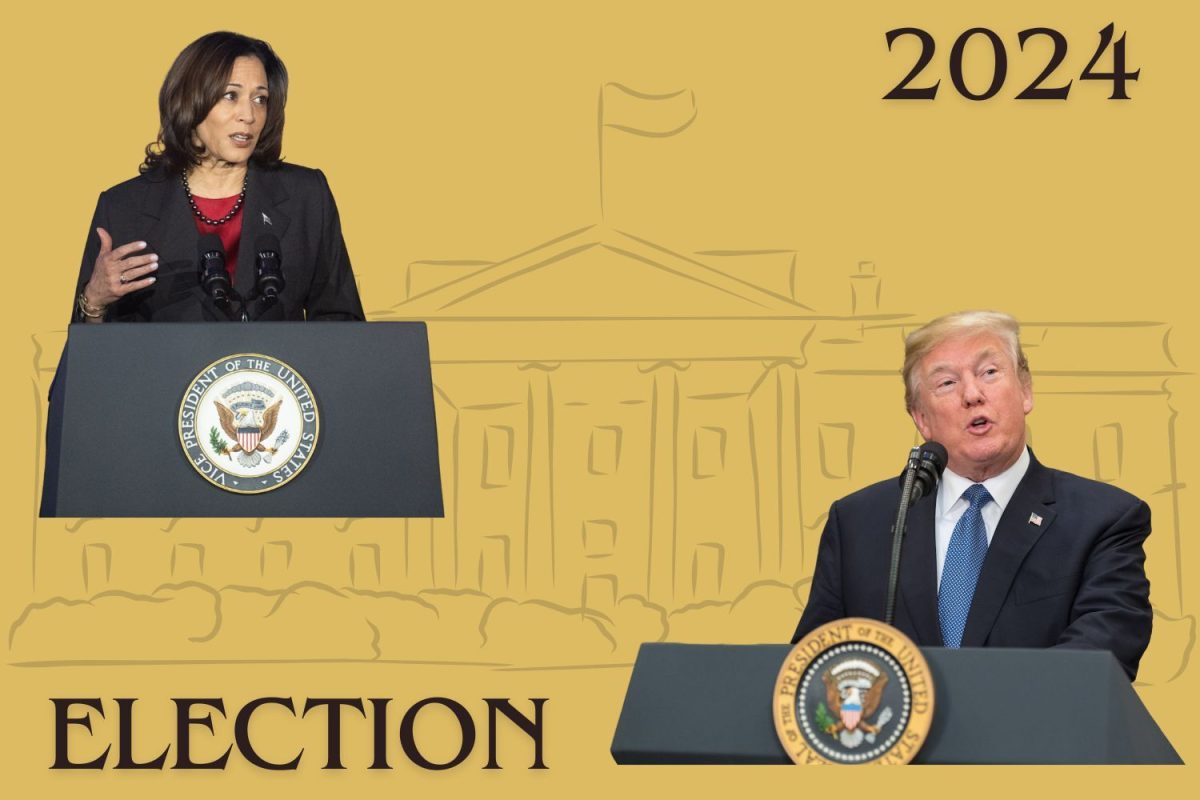
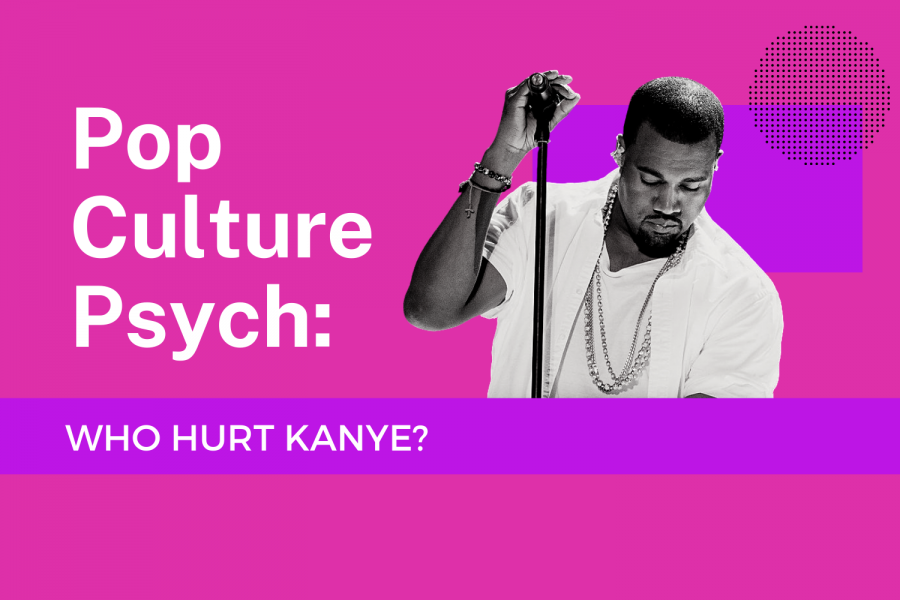
Neo Winter Scott • Nov 2, 2020 at 1:45 pm CST
Wonderful article